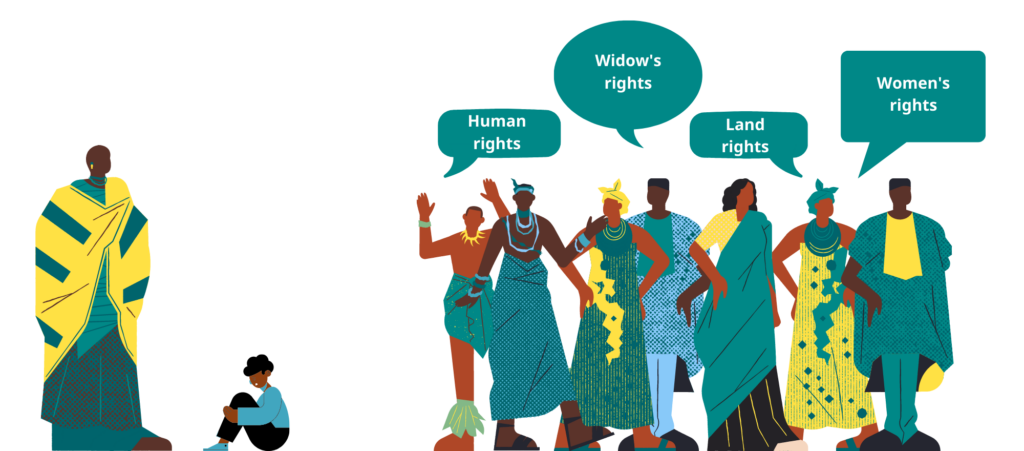Nature holds solutions…
Cities are complex and dynamic systems requiring interconnected and innovative approaches to addressing pressing social, economic and environmental challenges. In addressing the social challenges stemming from the triple planetary crisis — climate change, biodiversity loss and pollution — nature is our greatest ally.
Natural assets are components of the natural environment that are valuable to humans, either directly or indirectly. Natural assets include natural resources like forests, water bodies and minerals, as well as the capacity of the environment to absorb waste. Essentially, natural assets are the stocks of natural resources that provide services essential for human well-being and the functioning of ecosystems.
Nature-based Solutions (NbS) involve working with nature to protect and restore ecosystems and preserving natural assets, ultimately resulting in multiple social, ecological and economic benefits. NbS highlights the benefits (i.e. services) that ecosystems provide to enhance human prosperity, health and well-being and frames these ecosystems as a way to address societal challenges. As humans interact with nature, the natural world adds value to our lives in various ways, influencing our economies, our food systems, as well as our health and well-being.
NbS contributes directly to the Kunming-Montreal Global Biodiversity Framework (KMGBF) by halting biodiversity loss, enhancing ecosystem connectivity and integrating biodiversity into policy and planning. This approach ensures a sustainable balance between human development and nature, underscoring the vital role of NbS in promoting environmental resilience and human well-being.

